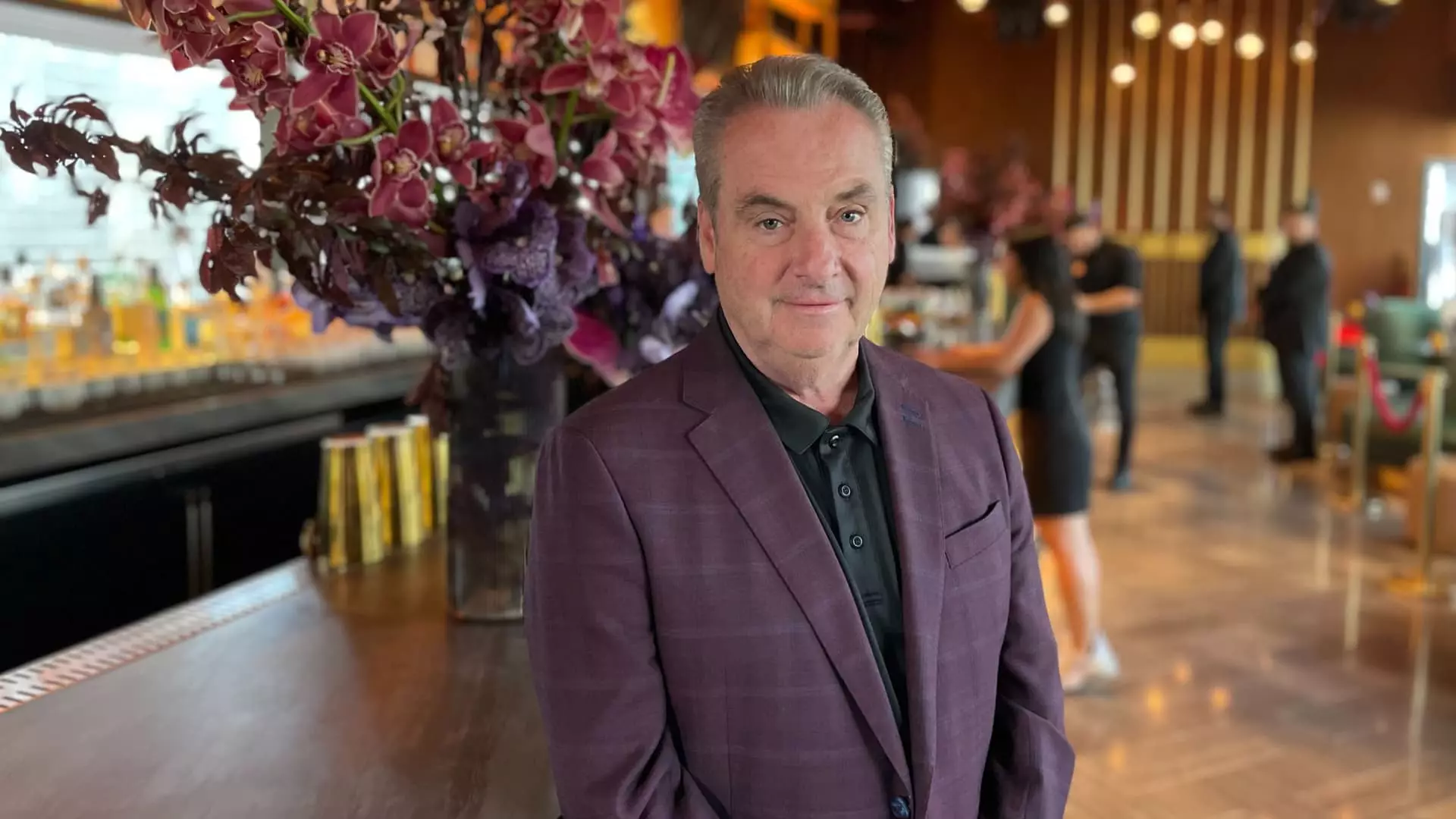Florida Sports Betting: A Potential Shift in the Landscape

The landscape of sports betting in Florida is on the verge of transformation, fueled by the willingness of Hard Rock International to consider partnerships with established commercial sportsbooks. Following a fiercely contested battle for dominance, Hard Rock emerged victorious by securing an exclusive tribal gaming compact, effectively shutting down ambitions from powerhouses like FanDuel and DraftKings. This development might signal a reassessment of strategies as the market landscape evolves.
The road to legalization for sports betting in Florida has been arduous. In 2021, giant operators such as FanDuel, DraftKings, and Penn Entertainment staged a concerted push to legalize the activity, but faced significant setbacks. Despite their financial muscle and marketing prowess, efforts fell flat. Their inability to penetrate the Florida market underscores the complexities involved in navigating state regulations and competing interests within the gaming sector.
Jim Allen, the Chairman of Hard Rock International, acknowledged the possibility of collaborating with industry rivals during his recent statements to CNBC. This marks a noteworthy shift from a traditionally adversarial approach to a more collaborative mindset. The conversations with stakeholders like FanDuel and DraftKings hint at a growing recognition that strategic alliances may drive future growth. In an era where competition is fierce, the realization that synergy can yield mutual benefits is invaluable.
Florida is not just any state; it boasts a larger population than New York and a robust sports culture, making it an attractive target for sportsbooks. The Sunshine State’s sports betting potential is magnified by the presence of over 20 professional and NCAA Division 1 teams, creating a vibrant market for betting enthusiasts. Operators have long eyed Florida, knowing that accessing this demographic could significantly enhance their bottom lines.
In December of last year, the Seminole Tribe’s Hard Rock Casino celebrated what they termed a “new chapter in Florida gaming” with the launch of sports betting and an expansive offering of table games across their casinos. This strategic expansion suggests a readiness to capitalize on the state’s gaming evolution while establishing themselves firmly in the market. Allen’s comments regarding revenue specifics offered a glimpse into the complexities of tribal sovereignty in gaming finance, indicating a cautious yet optimistic outlook on future growth.
The implications of Hard Rock’s willingness to embrace partnerships may pave the way for a revamped sports betting environment in Florida. As FanDuel’s CEO Amy Howe sets her sights on Florida alongside other major states like California and New York, the opportunity for Hard Rock to sharpen its competitive edge through collaboration appears fruitful. While the specifics of these potential partnerships remain undefined, the dialogue could herald significant changes for sports betting in the state, benefiting consumers and operators alike. Only time will tell how these discussions will unfold and shape the future of gaming in Florida.





